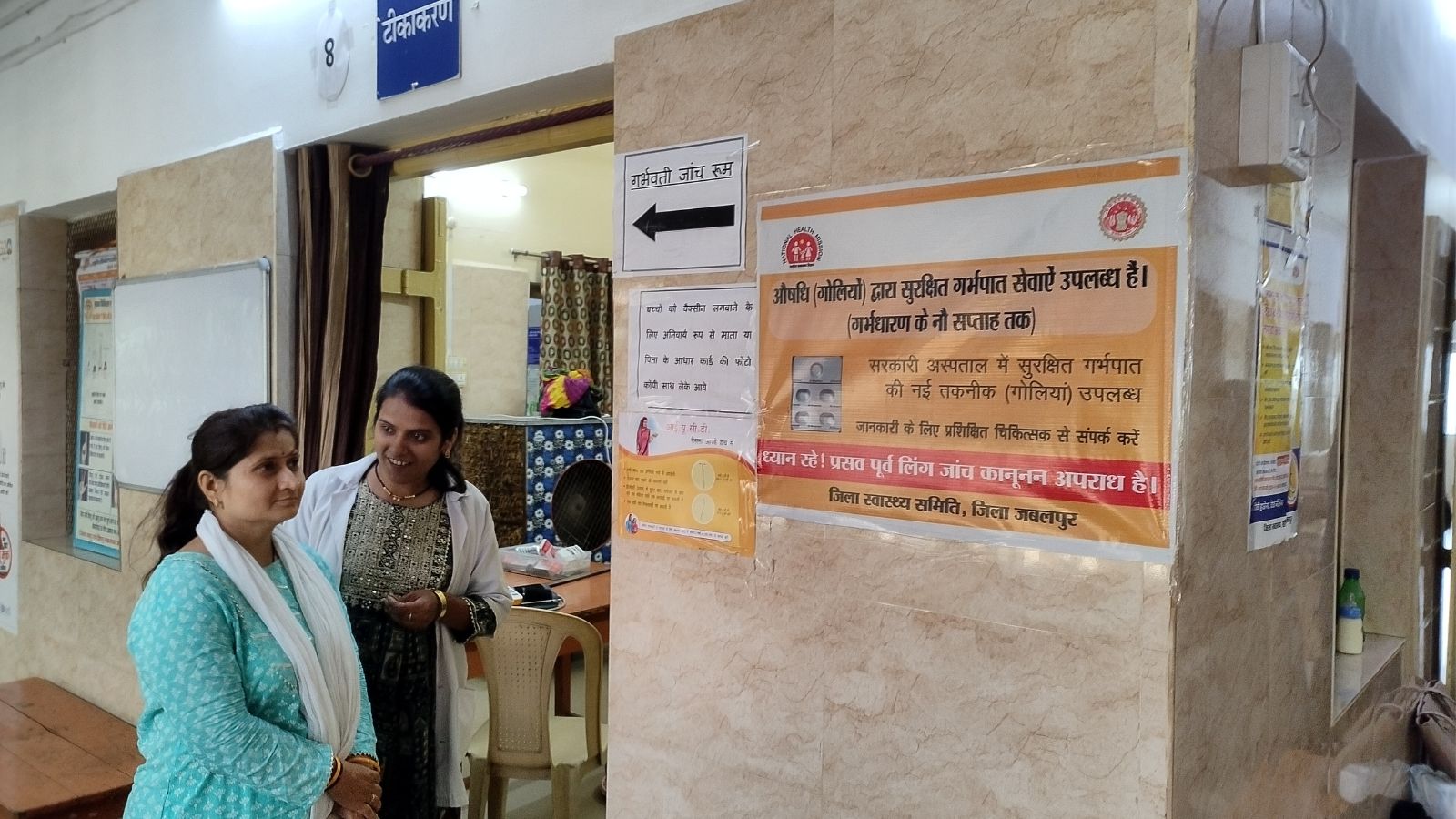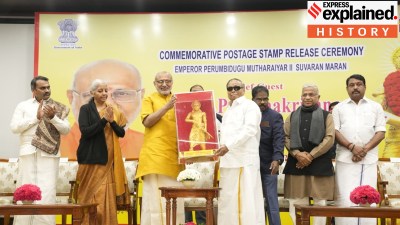With digitised and individualised immunisation records since birth, the government hopes to identify and reach the small proportion of children currently outside its vaccine net. The platform is already being piloted in several states, and national implementation is imminent.

What is U-WIN? How does it work
Children, up to the age of six years, and pregnant mothers are registered on U-WIN using government ID like Aadhaar, and their mobile phone numbers. Upon registration, records of all 25 shots given to a child — and the two given to pregnant mothers — can be added.
For this, the platform generates a checkered vaccination certificate that colour codes all vaccines. After each shot is administered (and recorded on U-WIN), its date gets added to the card, which also shows the due date for the next set of vaccines. The platform also sends SMS reminders to parents before their children are due for the next dose.
The digital vaccine certificate — which can be downloaded by parents using their registered mobile numbers — does away with the need to maintain the physical vaccination booklet, and allows one to get vaccinated anywhere in the country. U-WIN itself can be used to locate the nearest vaccination centre, and book an available slot.
As for health workers, the platform can automatically generate a due-list of children in their respective areas. Once the database matures, U-WIN will allow the government to study micro-trends across areas.
U-WIN also registers all births, the three vaccines against polio, hepatitis B, and tuberculosis administered at birth, a child’s birth weight, and any physical deformities observed at birth. These data-points can be utilised by other government programmes as well — the idea is to eventually connect all digital records through ABHA (Ayushman Bharat Health Account) ID.
Story continues below this ad
 A healthcare worker helps a pregnant woman get her shots. (Express Photo by Anonna Dutt)
A healthcare worker helps a pregnant woman get her shots. (Express Photo by Anonna Dutt)
U-WIN will also be linked to the government’s existing eVIN platform for inventory management. eVIN tracks all vaccine vials, from large central stores to each vaccination site in the country. It keeps track of the number of doses used, the number of doses that go to waste, and the number of open vials that are submitted back by the sites, and is used by sites to raise demands for vaccines.
eVIN also keeps track of, in real-time, the temperature and humidity that a vial has been subjected to using a sensor attached to each freezer.
With U-WIN running on the same principles, and using the same digital infrastructure as CoWIN, adoption should not be a major challenge. An immunisation expert who has previously worked with government programmes said: “We already know that the digital infrastructure needed to run such a big programme exists in the country. And most vaccinators have also worked with a similar platform, meaning they are likely to be comfortable with it”.
How will U-WIN help with immunisation?
There are a number of benefits that the government foresees with U-WIN.
Story continues below this ad
* Reminders that U-WIN will furnish to parents are likely to improve compliance.
* U-WIN will ensure portability — children who have received their first vaccines in one village/city can receive the rest of the doses elsewhere in the country. This will be especially useful to ensure that children of migrant workers do not drop out.
* The portal might help reduce errors. The aforementioned immunisation expert said that the platform can act as a decision support system. “If a health worker is about to administer the wrong dose, or administer the shot before time, the platform will not allow them to update it, thereby alerting them,” the expert said.
* U-WIN will provide granular, individualised details of childhood immunisation across the country. Dr Jayaprakash Muliyil, epidemiologist and former principal of Christian Medical College in Vellore, said that currently, “vaccination data is maintained only in terms of aggregate numbers and not individuals”. This does not provide the full picture as some children might end up getting multiple doses while others remain unvaccinated. “The numbers cannot tell the difference. But, if the portal has data for individual children, they might,” Dr Muliyil said.
Story continues below this ad
* Registration at birth may also help in bringing down the number of “zero dose” children — those who have not received any vaccinations. In India, the coverage of the first dose of diphtheria, pertussis, and tetanus (DPT)-containing vaccine is taken as the proxy for zero dose children. Recently released data from the WHO and UNICEF show that while 93% of children received their first vaccine dose, there were still 1.6 million zero dose children in India in 2023. The data also showed that 1.6 million children missed their first measles-containing vaccine in 2023, up from 1.1 million the previous year. This is concerning as in 2022, five states — Bihar, Gujarat, Haryana, Jharkhand, and Maharashtra — reported a rise in the incidence of measles. A centralised database, especially in the long-term, may facilitate better policy-making and implementation.



 A healthcare worker helps a pregnant woman get her shots. (Express Photo by Anonna Dutt)
A healthcare worker helps a pregnant woman get her shots. (Express Photo by Anonna Dutt)




































